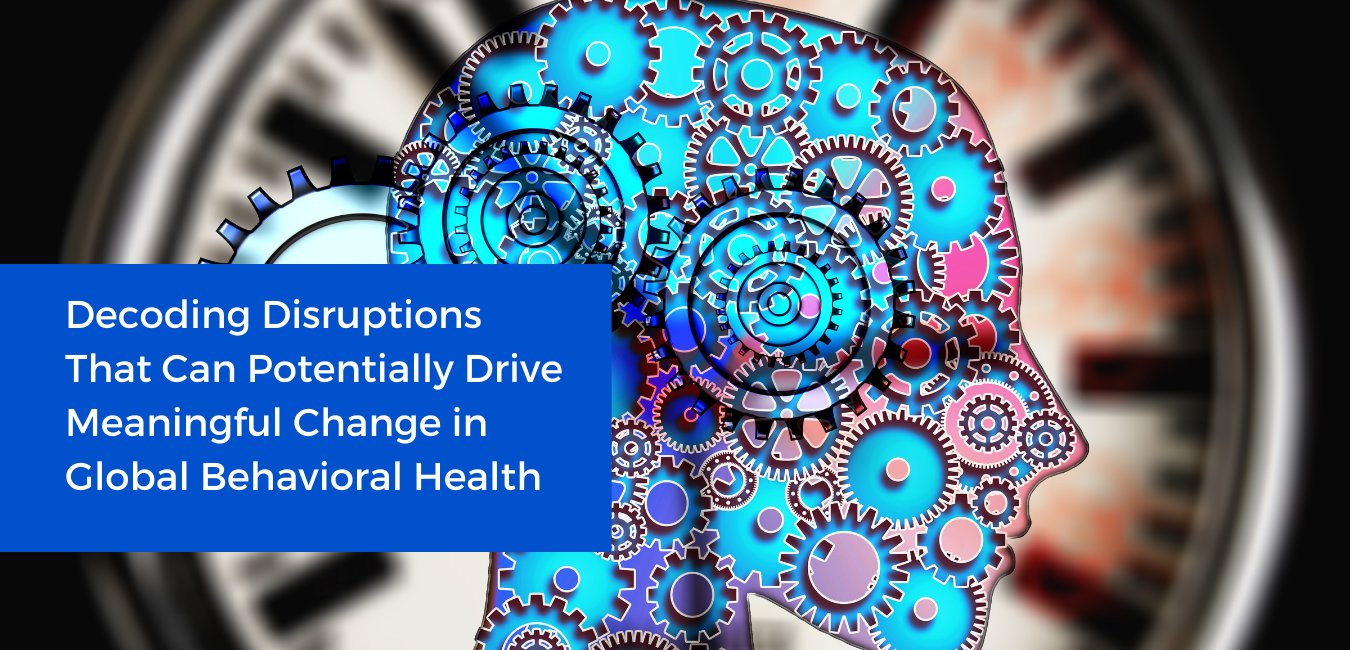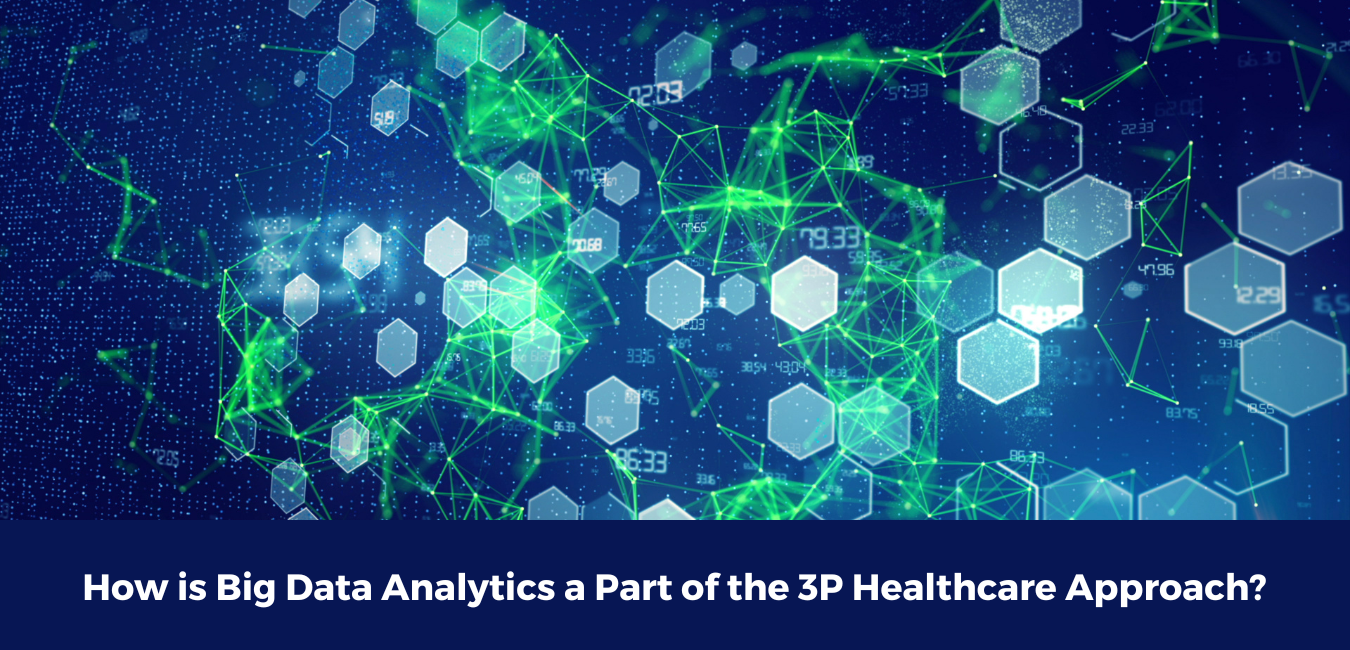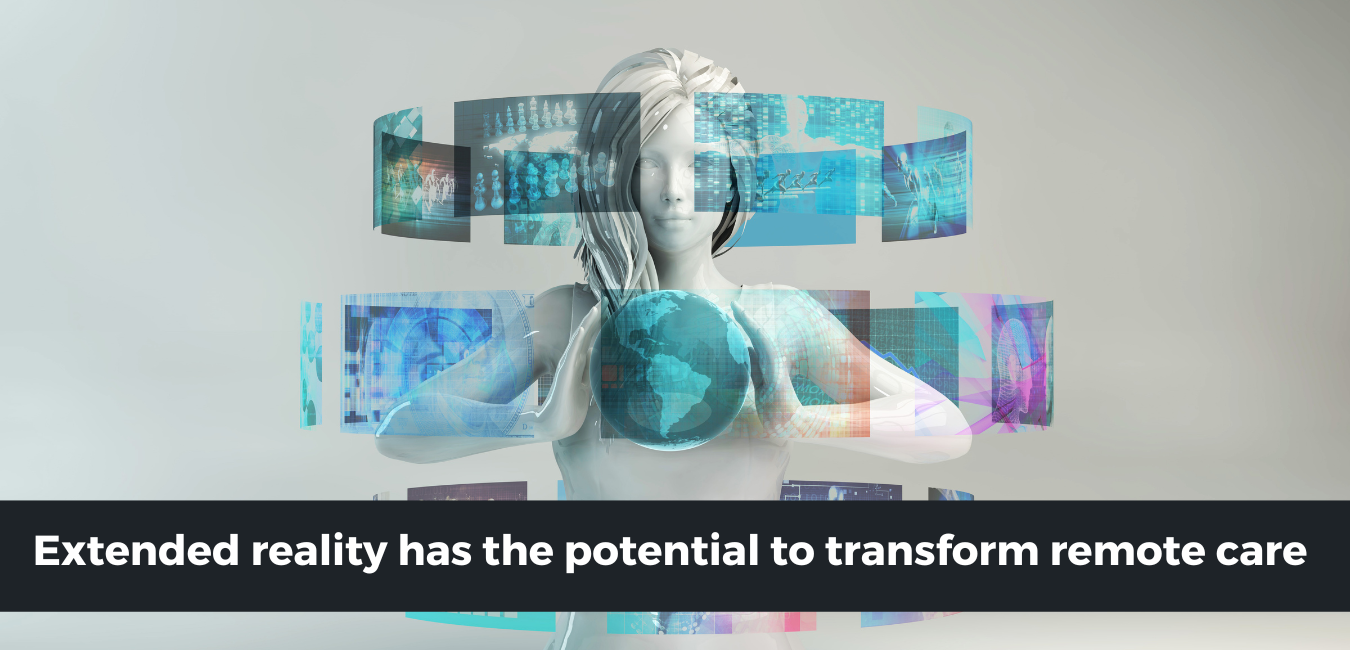Decoding Disruptions That Can Potentially Drive Meaningful Change in Global Behavioral Health

Totting up a global figure isn’t easy! But it won’t be wrong to say that the world is facing a mental health crisis. And the pandemic triggered the numbers exponentially. What we’ve seen isn’t only the disruption in care but also a new onset of conditions.
And guess what? This is happening across the world, irrespective of socioeconomic status, age, or background composition. Shockingly, there is a 50% rise in the prevalence of behavioral-health conditions, leading to an additional spend in the US alone after the onset of the pandemic.
Imagine, if there were global data, the number would be in billions. You might be thinking. Right? People have faced such situations before as well! People have faced job loss or other economic uncertainty before as well.
But the impact is way more now!
Let’s go over some statistics about mental health to understand the severity of the situation.
- Up until 2017, more than 250 million people were suffering from depression, approximately 284 million with anxiety, and more than 175 million with alcohol or drug addiction.
- Many estimates suggest that around 1 in 4 people experience behavioral illness at some point in life. The consequences can be extremely devastating, leading to overdose, suicide, or premature death.
This health crisis does not only impact the individual itself, but it is also creating a significant socioeconomic burden on societies everywhere. Surprisingly, the major depression alone costs $210 billion to the global economy.
The data might sound insignificant. But what if we told you that it’s also exceeding the burden of cancer, diabetes, and respiratory disease combined. Another study indicates that if you don’t respond to the situation soon, it might impact the global economy around the US $16 trillion. But these studies were all before the pandemic.
There has been an increase in the behavioral health impacts from COVID-19 from 30% to around 50% now.
Are you seeing the seriousness of the situation now? But with the technology driving a global change, the disruption factors might bring a meaningful difference in global behavioral health for a brighter future.
Disruption Factor Driving The Behavioral Health
Many believe that the following disruption factors will drive meaningful change in the future of behavioral health. Many surveys also point out that the stigma associated with behavioral health will also lessen.
Increased access to care and virtual care, and AI for customized solutions further allow proactive identification of behavioral health issues. Now let’s talk about the disruptors.
Cultural and behavioral change
There is a decrease in the stigma associated with behavioral illness, making it easier for people to be upfront about their symptoms. Thus, enabling them to manage their challenges even more. Further, many governments like New Zealand, the US, and others are creating a health budget explicitly to support behavioral health.
Scientific and technological innovations
The researchers are conducting groundbreaking research that will lead to a better understanding of the pathologies that are driving mental health illnesses. New treatments will bring cost-effective therapeutic breakthroughs.
For instance, Qatar Biobank and Genome Programme are sequencing the human genome of the entire Qatari population to find the biomarkers leading to depressive disorders. Further exposure therapies using virtual reality for patients with anxiety disorders are helping with better diagnosis.
Improved access to care
Cultural change will introduce cost-effective scientific breakthroughs, and on the other hand, insurance coverage will result in better access to care. Emerging digital care tools and modules will augment in-person care. Leaders expect that the health mobility solutions market will grow to around $51 billion.
Data Sharing
The robust data-sharing environment will result in connected care. And with the stigma declining, sufferers will be even more willing to share their behavioral health data. And advanced governance standards and a secured centralized database will further ensure that customers feel safe when sharing their data.
Interoperable data
Interoperability will increase universal standards and create holistic health care that will identify issues and opportunities to identify problems. The standardization of health platforms and electronic health records will further allow the aggregation of data.
In short, the more data we have, the better it will be to create wellness care solutions. In fact, many major companies like Apple, Google, and Microsoft are already supporting this and creating software solutions that promise interoperability.
Empowered consumers
With so many changes happening, consumers will have better access to high-quality treatment and control over their treatment protocols. This will further increase highly personalized health tools and self-care practices to help consumers take care of their challenges.
What Next?
With so many technological modifications and innovations coming up now, one can expect many changes in the coming future. For instance,
- On-demand treatment for opioid use disorder will increase
- Streamlining behavioral health referrals.
- Evidence-based therapies in people’s pockets
Final Takeaways: Moving Towards The Virtual Dialogue to Manage Behavioral Health Challenges
Mental health issues are not an issue today. They have been causing a commotion for many years now. Although the pandemic added another dimension to making it difficult to manage mental health conditions, the new technological innovations can help people reduce their stress triggers.
However, let’s not forget that these tools won’t replace human connection. One of the best ways to foster a relationship and provide a realistic treatment regime is by beginning a dialogue. For insurance, schedule video chats with loved ones and check how they are feeling or doing now.
There is no doubt that the pandemic disrupted everyday life, but thanks to technological advances, one can better prepare themselves for virtual care and facilitate human connection. If the patients feel that everyone is together, they will come out even stronger about their challenges.
In short, it’s time to normalize mental illness and its impact on life like any other physical condition. Only then these technological modifications will have a significant benefit for the millions of patients suffering from behavioral health problems.
So, what do you think will have a crucial impact on the health of such individuals in the coming future? How will the world create a space for people suffering from mental health issues?










